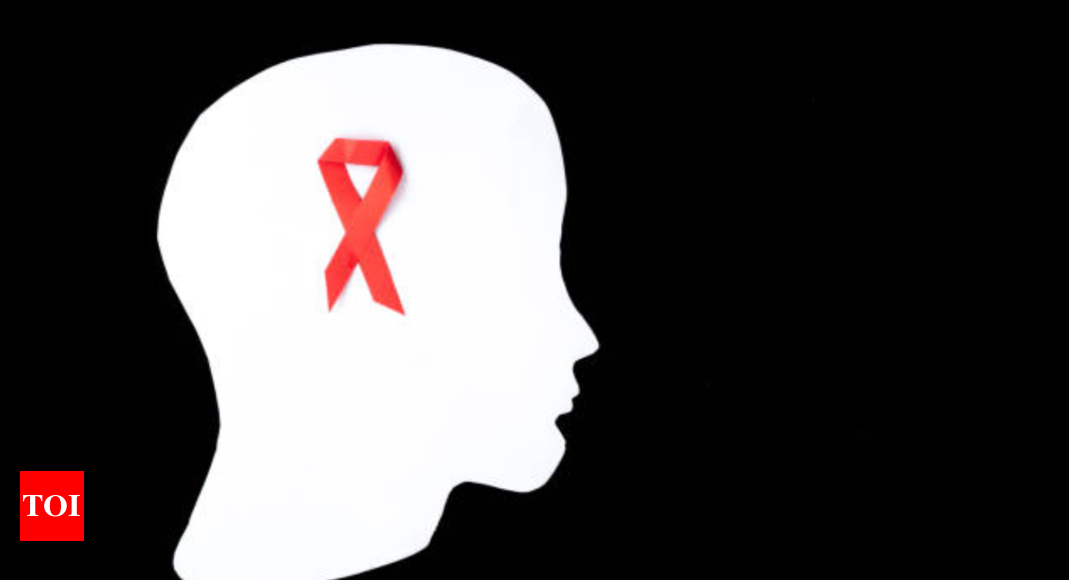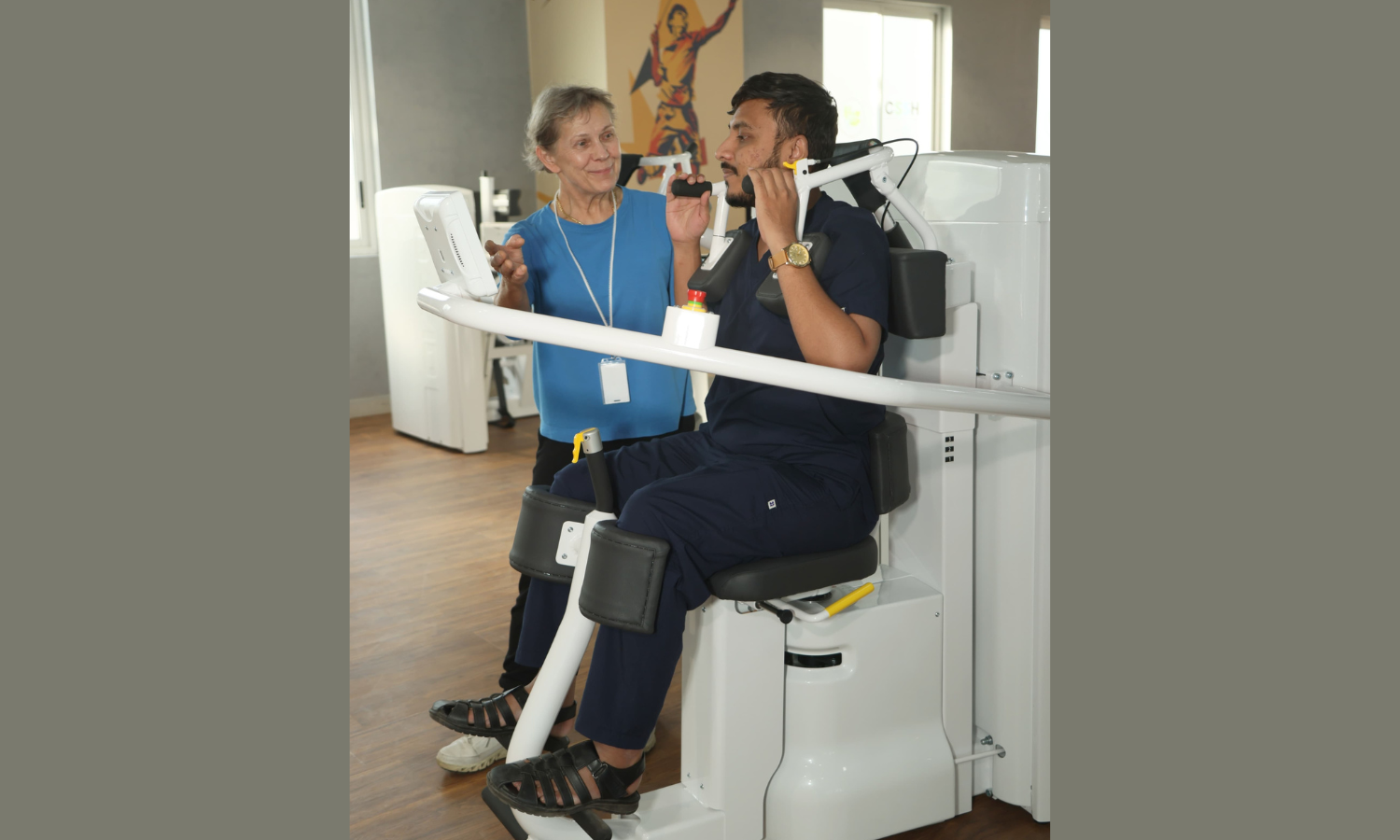Cancer is a formidable opponent, unpredictable and relentless. It does not discriminate; it reaches across all ages, races, and backgrounds. Yet, while we may not have complete control over it, we are far from powerless.
Medical science has made extraordinary strides. From precision medicine and immunotherapy to targeted therapies and groundbreaking clinical trials, cancer treatment has evolved dramatically. Survival rates for many types of cancer have improved, and patients now have access to more personalized, less invasive, and more effective treatments.
Does that mean we have gained absolute control over the life threatening disease that kills millions across the world?
“This can’t be answered by a strict yes or no”
Dr. Ashu Yadav, Radiation Oncologist, Senior Consultant & HOD, Andromeda Cancer Hospital, Sonipat says, “The question of whether cancer can be absolutely controlled cannot be answered by a strict yes or no.”
“Cancer can, however, be greatly curtailed through risk reduction, incidence decrease, and outcome improvement. A healthy lifestyle with an appropriate diet, regular exercise, and avoidance of tobacco and alcohol reduces the risk of developing it. Early detection through regular screenings, such as mammograms and pap smears, also improves the chances of successful treatment. Vaccinations such as HPV and hepatitis B prevent cancers that are virus-related. Minimizing exposure to carcinogens and improvements in medical therapy also help. Supportive care improves the quality of life for patients, so education and preventive measures are crucial,” he adds.
Cancer is mostly treatable (or controllable) when caught early
The key to control cancer is awareness—knowing when to get screened and encouraging loved ones to do the same. “So, if we talk about controlling cancer, to some extent we can control cancer by modifying some risk factors, which are preventable risk factors like – changing the dietary habits, addiction habits, lifestyle factors, and some environmental factors also. So, we can try to control cancer to some extent from these causes,” says Dr. Sunny Garg, Clinical Director- Medical Oncology, Marengo Asia Hospitals Gurugram.
People need to realise the power of prevention
Science tells us that nearly half of all cancers can be prevented by adopting healthier lifestyles.
“Cancer can be controlled to a certain extent with prevention, early detection, and advanced treatments; however, completely eliminating it from the human system is not yet possible. One can avoid risk factors like smoking, a well-balanced diet, regular exercises, and being vaccinated against some infections causing cancer, such as HPV and hepatitis B. Advanced medical science also includes targeted therapy and immunotherapy, which enhance survival. The early screening process also controls the disease,” says Dr. Pooja Babbar, Consultant – Medical Oncology, CK Birla Hospital Gurugram.
Preventing cancer is not about eliminating risk altogether—it’s about stacking the odds in our favor, one conscious decision at a time.
How far have we advanced in eliminating cancer?
The evolution of cancer treatment is nothing short of remarkable. Traditional approaches like chemotherapy and radiation therapy have been refined to minimize side effects while maximizing effectiveness. But perhaps the most exciting advancements have come from precision medicine and immunotherapy.
Precision medicine tailors treatment to an individual’s genetic profile, leading to more effective and less toxic therapies. Immunotherapy, which empowers the body’s own immune system to fight cancer, has revolutionized treatment for cancers once considered untreatable. Targeted therapies, CAR-T cell therapy, and advancements in nanomedicine continue to push the boundaries of what’s possible in cancer care.
Another crucial aspect of treatment progress is palliative care. The focus on improving quality of life for patients, managing symptoms, and providing holistic support has gained significant attention, ensuring that those battling cancer do so with dignity and comfort.
The integration of artificial intelligence in cancer diagnostics is improving accuracy and speed in identifying malignancies. Big data and machine learning are helping researchers analyze vast amounts of genetic and clinical data to find patterns that could lead to new treatments.
Clinical trials continue to play a crucial role in testing new therapies, offering hope to patients who may not have had viable options before. Government and private sector investments in cancer research have accelerated discoveries, bringing us closer to more effective and less invasive treatment options.
Community awareness has increased remarkably
Beyond medicine and technology, the fight against cancer is also about human resilience and advocacy. Awareness campaigns have shattered taboos, encouraged conversations, and mobilized communities to take action. Patient support groups, survivorship programs, and mental health initiatives ensure that cancer patients and their families receive the emotional and psychological support they need.
Policy changes have also been instrumental. Governments and health organizations worldwide are prioritizing cancer care, funding research, and making life-saving treatments more accessible. Insurance coverage for screenings and treatments has improved, making a significant difference in outcomes. The Indian government announced setting up daycare cancer centres in district hospitals to make cancer treatment reach more people.
World Cancer Day, observed annually on February 4th, is a global initiative led by the Union for International Cancer Control (UICC) to raise awareness, promote prevention, and encourage early detection and treatment of cancer. This day serves as a reminder of the growing impact of cancer worldwide and the urgent need for collective action. By uniting efforts globally, World Cancer Day emphasizes that everyone has a role to play in reducing the burden of cancer. Whether through spreading awareness, supporting those affected, or advocating for improved medical care, every action counts. Together, we can work towards a future where cancer is no longer a life-threatening disease.
So, how far have we come?
We have made extraordinary strides, transforming cancer from a death sentence to a manageable condition in many cases. But our journey is not over. We must keep pushing for advancements, supporting those affected, and spreading awareness.
The truth is, every small action we take contributes to a larger movement toward prevention, early detection, better treatment, and ultimately, a future where cancer is no longer a terrifying reality. So, though we may not have been able to control cancer, we can take control of how we respond to it. We can choose awareness over ignorance, action over inaction, and hope over fear. We can stand with those affected, invest in research, and push for policies that make prevention and treatment accessible to all. The fight against cancer is not an individual battle—it is a collective mission.


